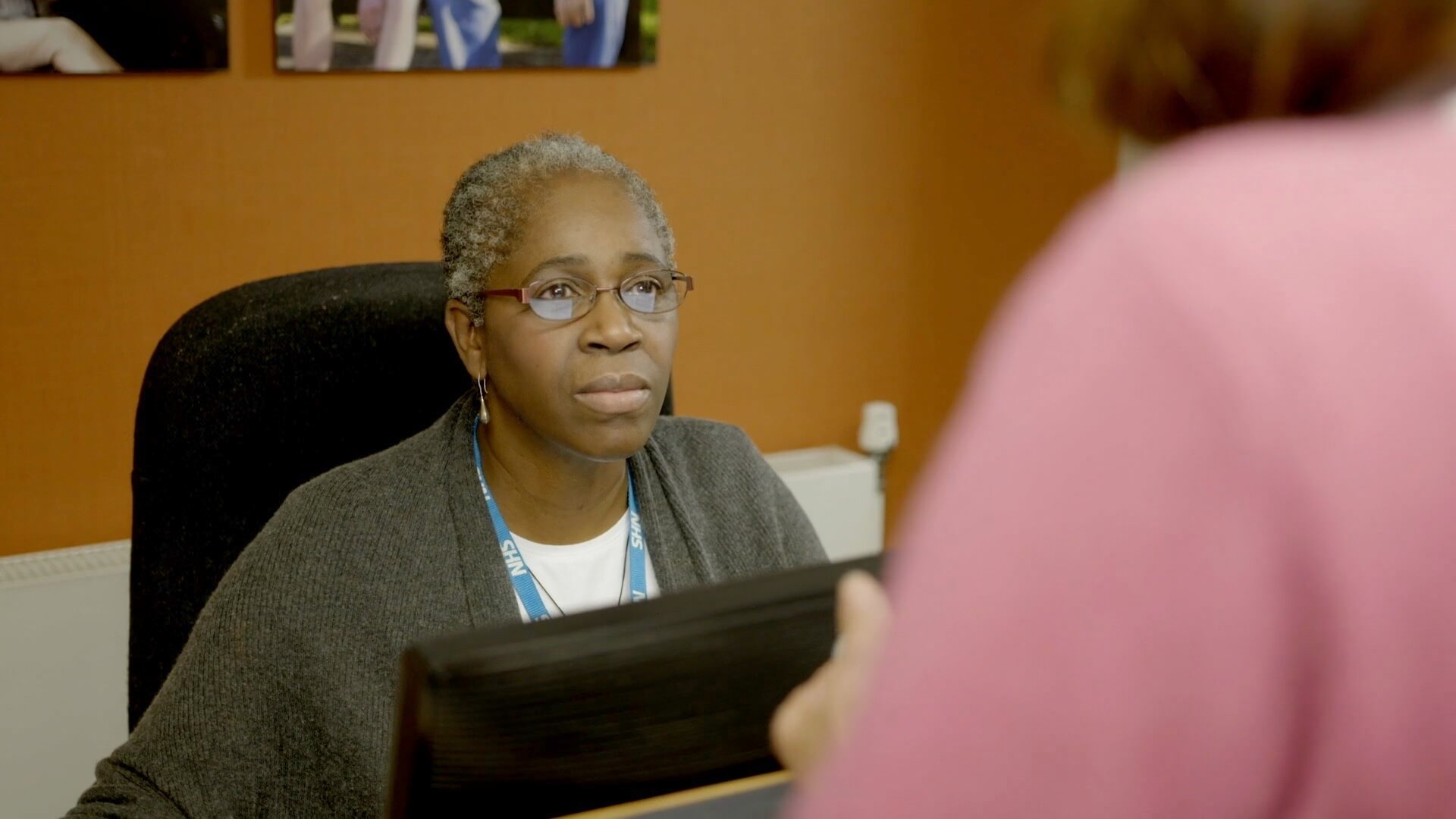Listen and react
be interested, not interestingHearing is a sense, listening is a skill. Like all skills it needs to be practised. And, again like all skills, it is something you can improve on your entire life.
“Creative discussions work best when no-one is competing to be the smartest person in the room.”
Be the most interested person in the room.
There is a well-known phrase in the acting profession: ‘the art of acting is reacting’.
Michael Cain recalls in his BBC Masterclass how a producer gave him some advice:
“He said to me, ‘What are you doing, Michael?'”
“And I said, 'Nothing, sir, I haven’t got any lines to say.'”
“He said, 'What do you mean, you haven’t got anything to say? Of course, you’ve got things to say. You’ve got wonderful things to say. But you sit there and listen, think of these extraordinary things to say, and then, decide not to say them. THAT’S what you’re doing!'”
“And that is the greatest piece of advice I could give to someone who wants to act in movies, is: to listen and react.”
If you notice something wrong with a scene between two or more actors, it is usually this: they are listening for their cues, not listening to what the speaker is saying. In real life, this is like listening to reply instead of listening to understand.
Creative discussions work best when no-one is competing to be the smartest person in the room. Or, to put it another way, when everyone really listens to each other and builds on what the last person has said.
Here’s an experiment. Next time you’re in conversation with someone, restrict yourself to asking questions not sharing information. It may feel unnatural - but the speaker is unlikely to notice, if you ask the right questions (hint: this is where listening comes into play). This is not about being nosey or asking questions for the sake of it; it’s about learning as much as can about the other person or their point of view.




